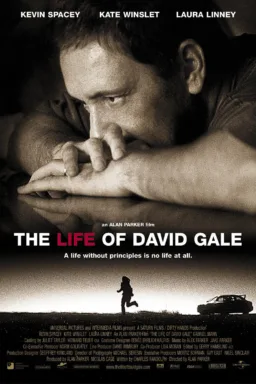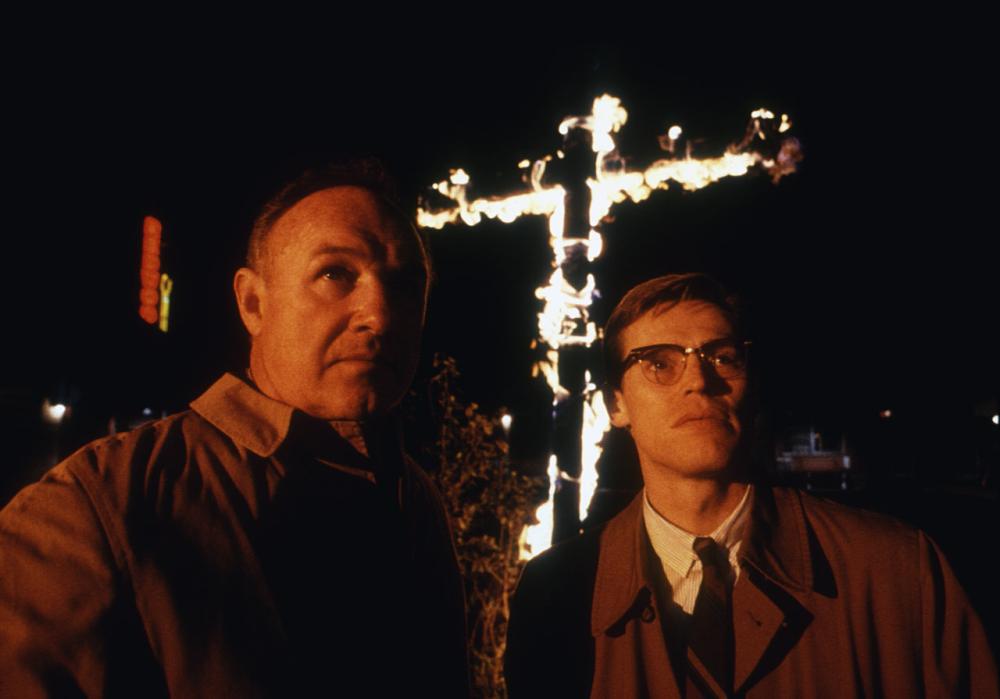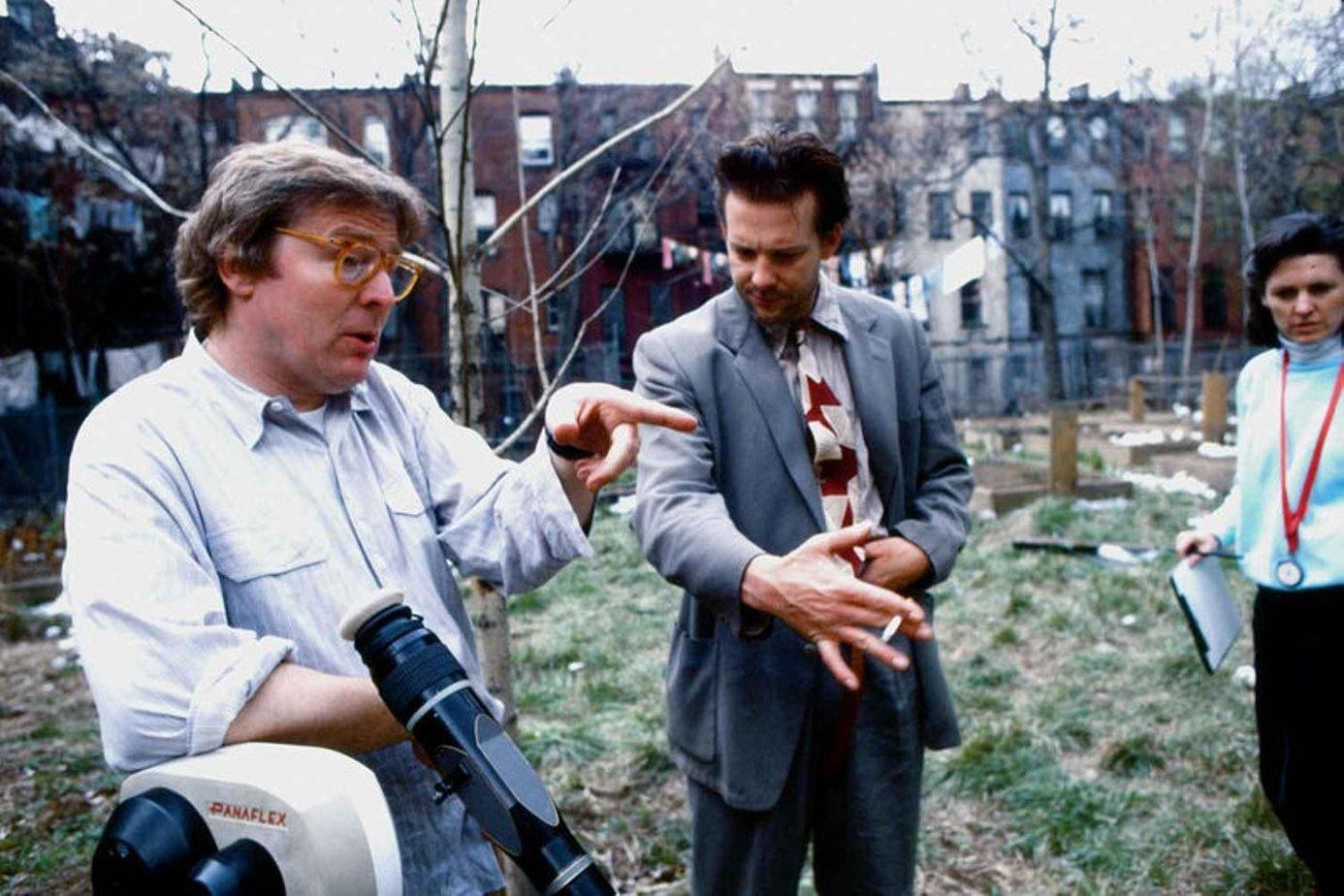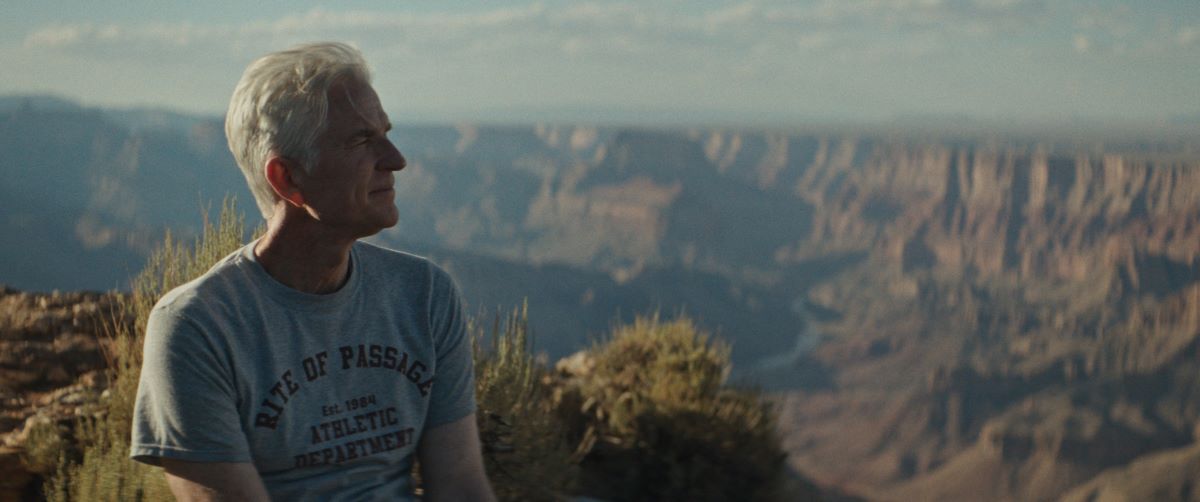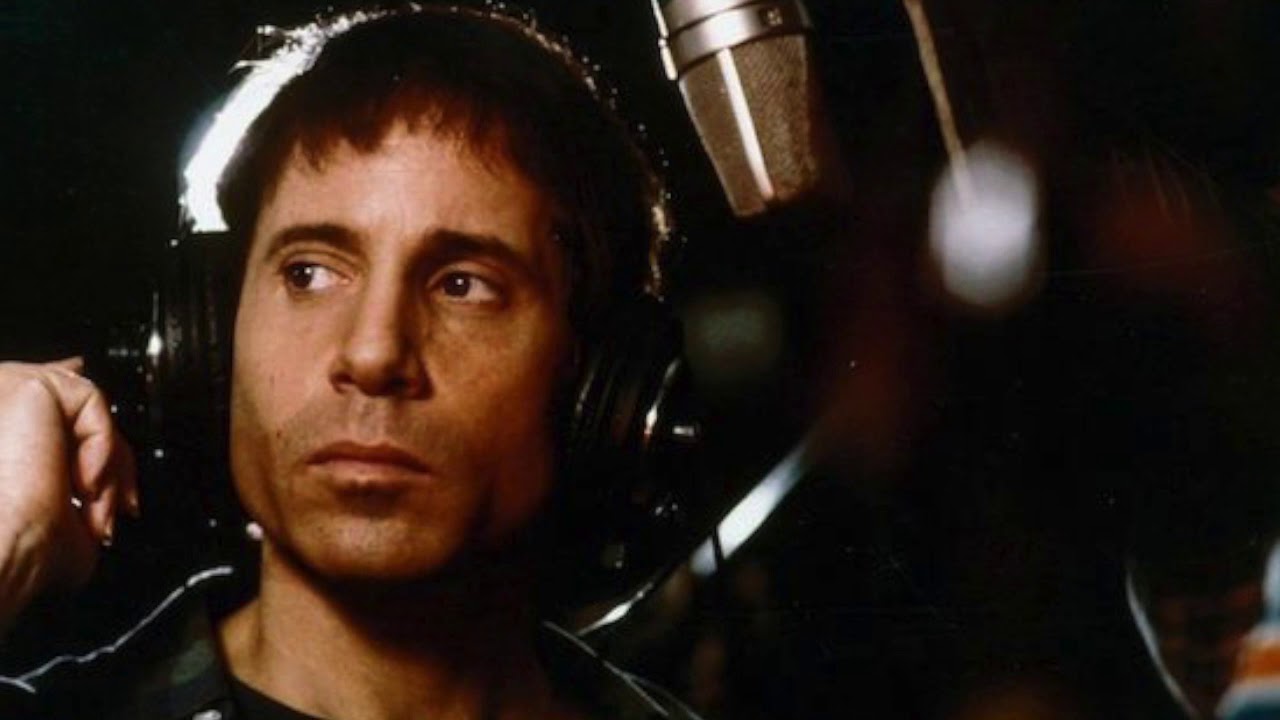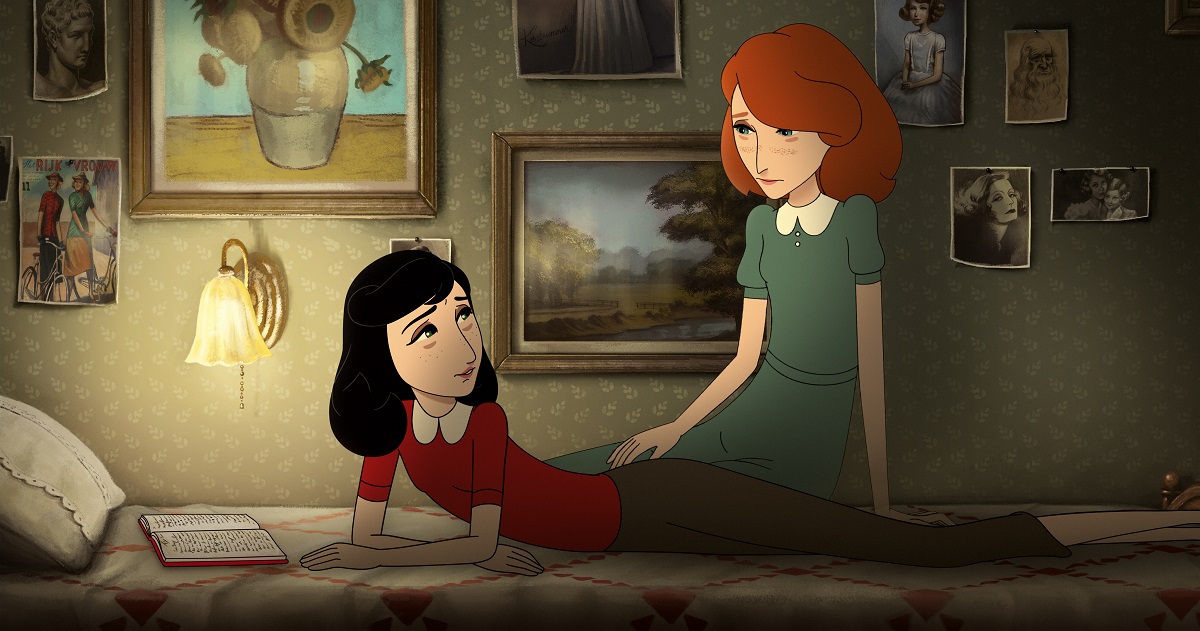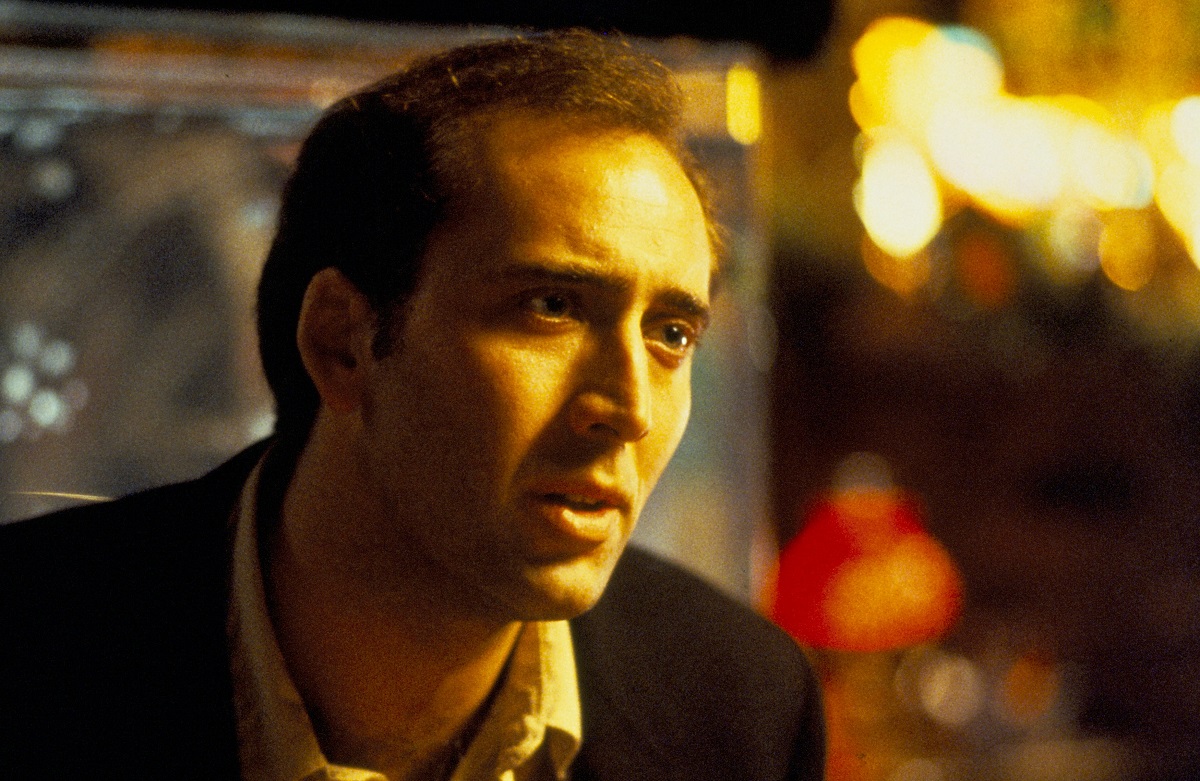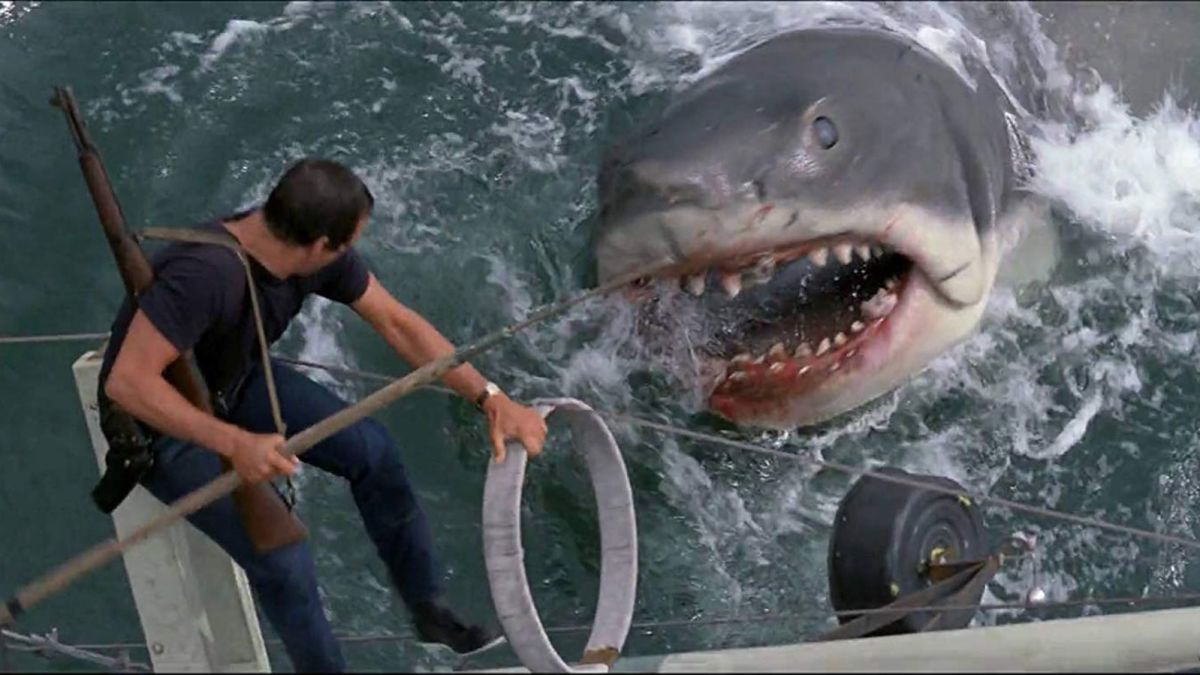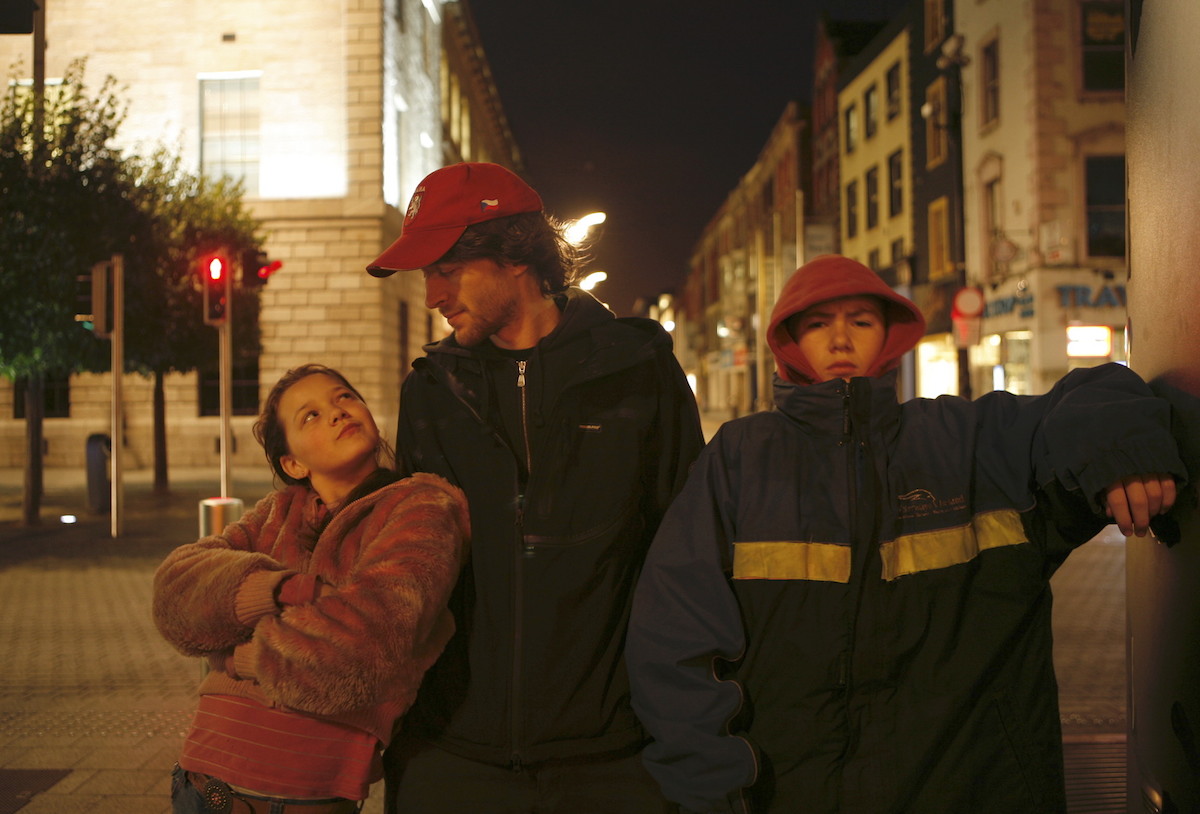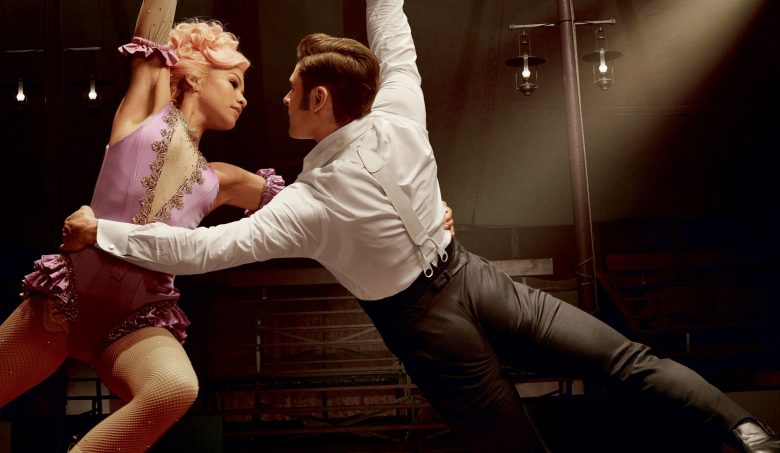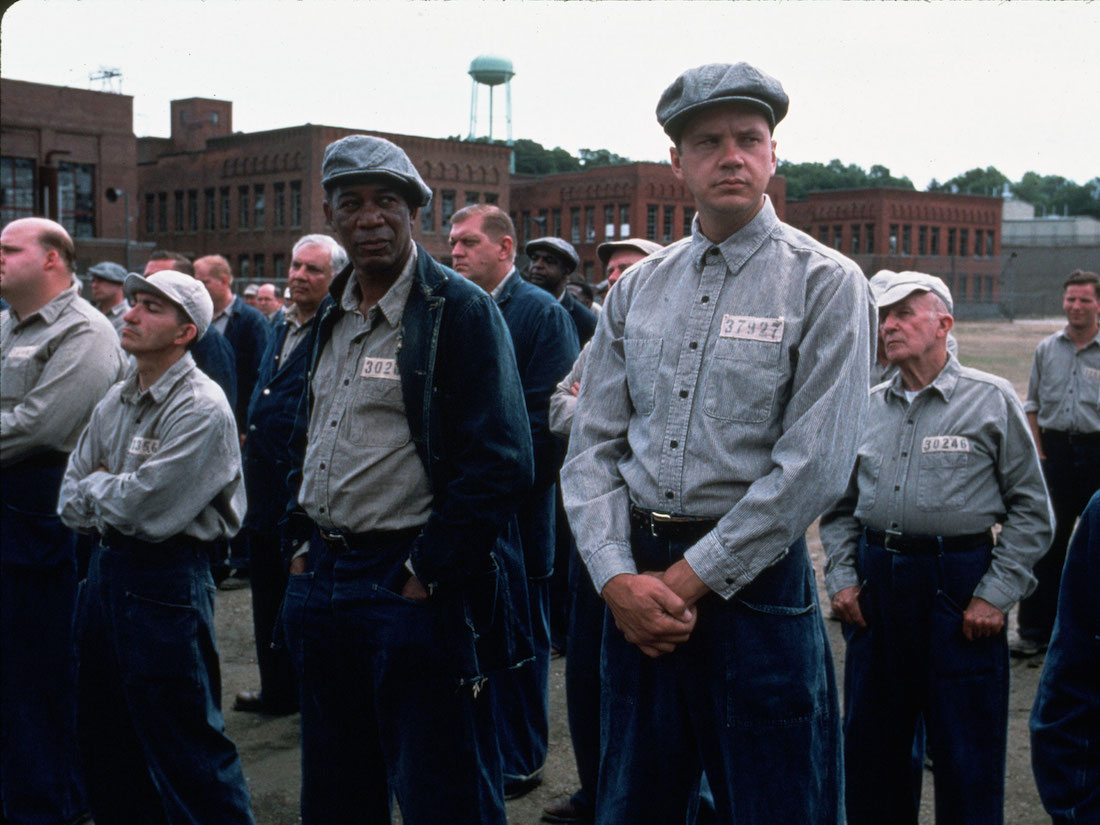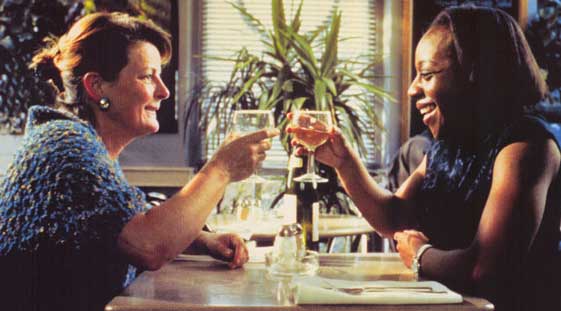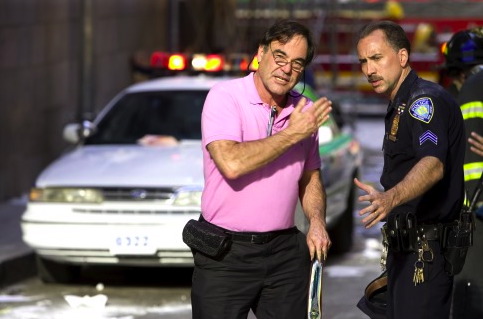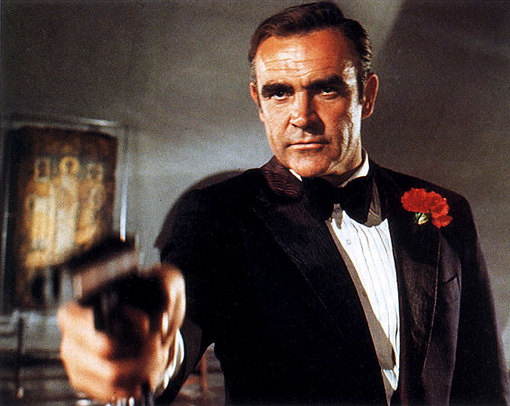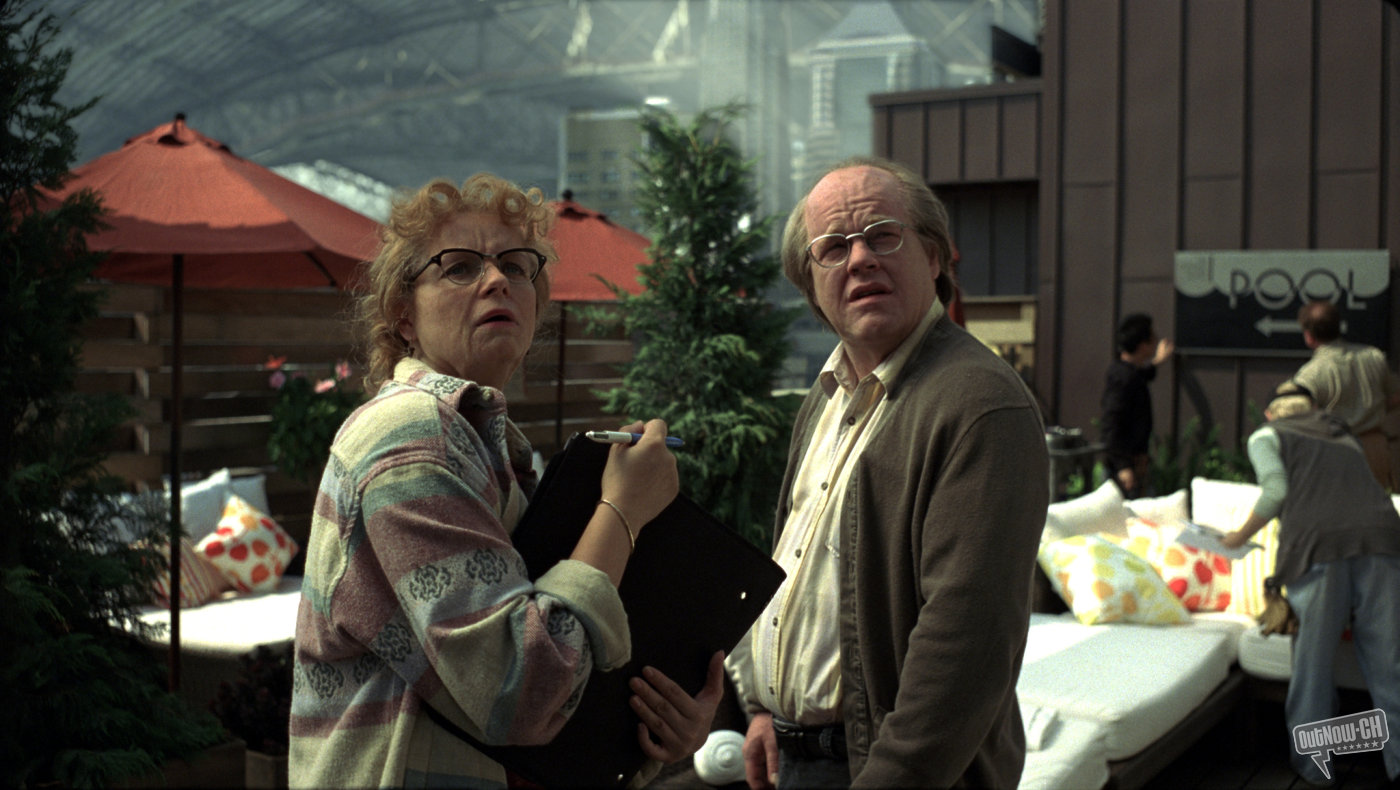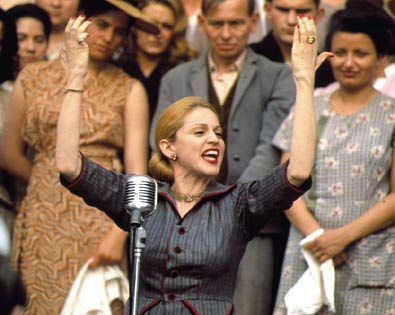Alan Parker Movie Reviews
Blog Posts That Mention Alan Parker
Looking Back at Alan Parker’s Mississippi Burning
Seongyong Cho
Alan Parker: 1944-2020
Peter Sobczynski
One shot: They wrote that
Jim Emerson
Oscars: No comment (almost)
Jim Emerson
Up With Contempt!
Jim Emerson
You Play Well: Diane Keaton (1946-2025)
Scout Tafoya
Part of the Solution: Matthew Modine on Acting, Empathy, and Hard Miles
Matt Zoller Seitz
When Paul Simon Bombed at the Movies
Tim Grierson
Cannes 2021: Where is Anne Frank, Stillwater, Lamb
Jason Gorber
The Whole Parade: On the Incomparable Career of Nicolas Cage
Scout Tafoya
Revisiting John Williams’ Score for Jaws, 45 Years Later
Charlie Brigden
Dylan, Dublin and a Bit of Magic: Lance Daly Reflects on Kisses, Ten Years After Its U.S. Release
Matt Fagerholm
Playing it Luce: Questions for a complicated movie
Omer M. Mozaffar
30 Minutes on: “The Greatest Showman”
Matt Zoller Seitz
The “Shawshank” Greatness, Part II
Gerardo Valero
The Best of the d’Ors
Michał Oleszczyk
Stone Reader
Roger Ebert
The Best 10 Movies of 1996
Roger Ebert
The Best 10 Movies of 1988
Roger Ebert
The Best 10 Movies of 1987
Roger Ebert
Who killed the movies?
Jim Emerson
“You’re taking this very personal…”
Jim Emerson
The Ultimate Movie Quiz (and Free Personality Inventory!)
Jim Emerson
Stanley Kubrick hates you
Jim Emerson
I am pleased to do Kevin Smith a small favor
Jim Emerson
Simply the worst
Jim Emerson
The Return of the Autobiographical Dictionary of Film
Jim Emerson
The Evil, the Bad and the (Self-)Important
Jim Emerson
Darkness for ‘Donnie Darko’ director?
Jim Emerson
Video games: The ‘epic debate’
Jim Emerson
A Lincoln who creaks with every step
Omer M. Mozaffar
Ebertfest: Synecdoche, Champaign-Urbana
Roger Ebert
Spacey gets object lesson in the fine art of the deal
Roger Ebert
Cannes all winners
Roger Ebert
Madonna: possessed by “Evita”
Roger Ebert
Movie Answer Man (02/23/1997)
Roger Ebert
Movie Answer Man (12/29/1996)
Roger Ebert
Movie Answer Man (11/12/1995)
Roger Ebert
Movie Answer Man (05/07/1995)
Roger Ebert
Popular Reviews

The best movie reviews, in your inbox
